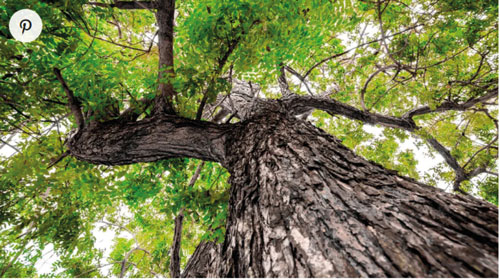They learned that an extract from the tree bark, Azadirachta indica, may have antiviral benefits and help reduce symptoms in people with a SARS-CoV-2 infection.
The scientists believe Azadirachta indica may act as a pan-antiviral, capable of treating future emerging variants of SARS-CoV-2.
As the COVID-19 pandemic presses on, researchers continue looking for ways to prevent infection of the virus and treat the disease.
Scientists at the University of Colorado and the Indian Institutes of Science Education and Research believe that Azadirachta indica, more commonly called neem tree, may be instrumental in the future of the pandemic. The tree is native to India, and practitioners use it within Eastern-based Ayurvedic medicine.
A preclinical study, which appears in the journal Virology, examines how the extract from the bark of Azadirachta indica affects human lung cells and mice with a SARS-CoV-2 infection.
Stay informed with live updates on the current COVID-19 outbreak and visit our coronavirus hub for more advice on prevention and treatment.
Studying the Azadirachta indica extract
According to the authors, neem tree bark (NTB) is “antibacterial, anti-inflammatory, anticancer, anti-allergic, anti-parasitic, and antifungal.” As such, they wanted to learn if NTB extract could aid in preventing SARS-CoV-2 infection and its replication.
“The goal of this research is to develop a neem-based medication that can reduce the risk of serious illness when someone [has an infection] with coronaviruses,” says study co-author Dr. Maria Nagel, research professor in the Department of Neurology and Ophthalmology at the University of Colorado School of Medicine.
In different experiments, the researchers tested NTB extract on human lung cells and mice with SARS-CoV-2.
After testing the NTB extract on human lung cells, they found it “restricted the pathological effects of multiple coronaviruses.”
In the testing with the mice, they found that the NTB extract inhibited inflammation in the lungs. This is an important finding, considering the damage COVID-19 does to the lungs.
Additionally, NTB extract prevented the virus from replicating as much.










